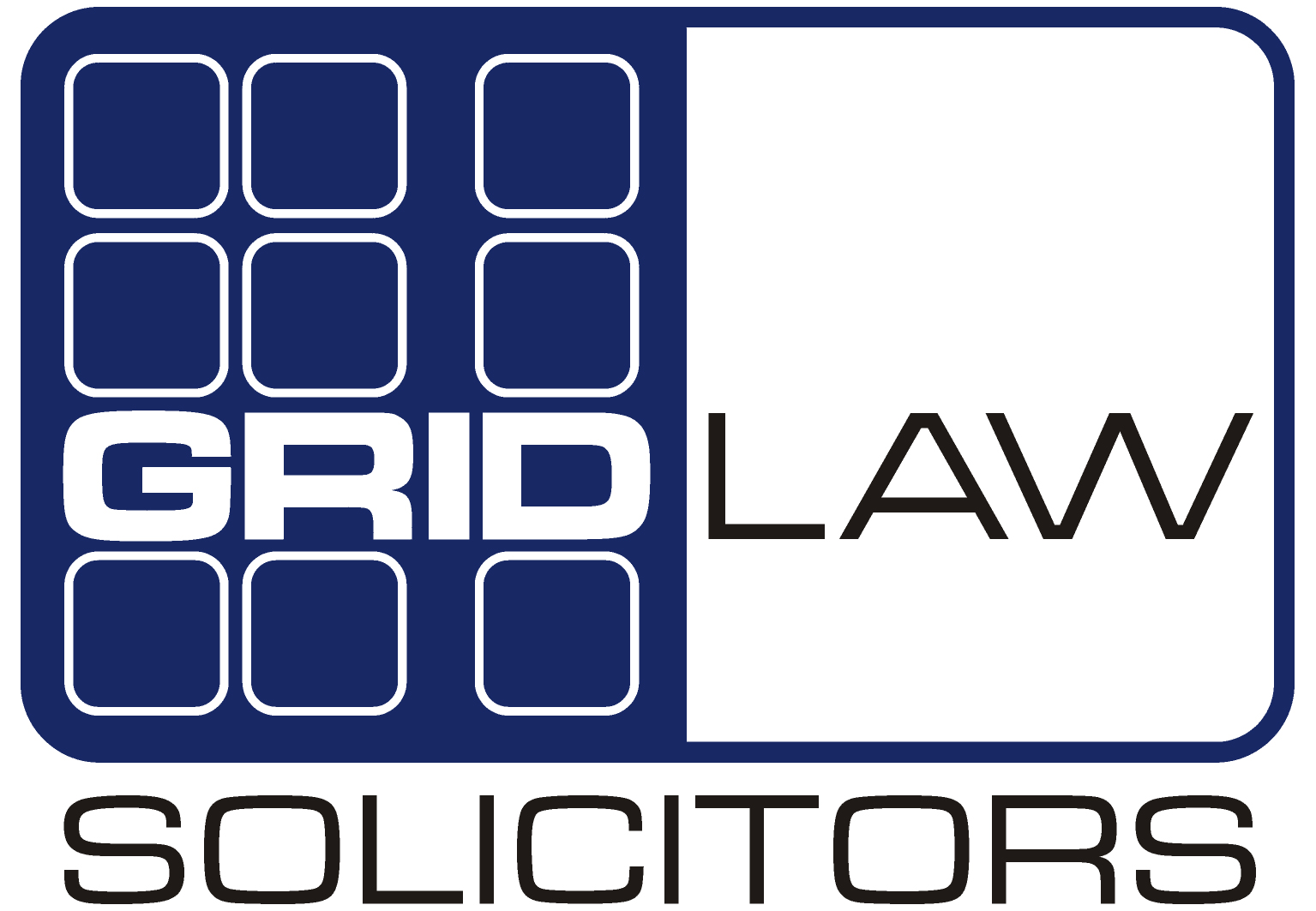
More and more people are becoming self-employed these days and running their own businesses.
Many of these are online businesses, but even if you set up a retail business or something that operates predominantly offline, the chances are, it’s going to have an online presence.
In this blog we’re going to look at are the specific legal issues you need to consider when setting up an online business.
Website contracts
These days there are so many options for setting up a website and with the technology available, particularly SAAS, many people are designing and building their own, either using a WordPress theme or something like Squarespace.
However, if you engage a designer or developer, you will need to enter into a contract with them, which will usually be their standard terms and conditions. There might not be much room for negotiation over their terms but you will be bound by them so it is important to understand what you are signing.
(If you’re a developer and you need help preparing your terms and conditions, or you have been asked to sign a contract with a developer, we can help. Please click here)
Next, you are going to need your site hosted somewhere and will need to enter into a hosting agreement.
Apps are becoming increasingly common so if you want an app, you will need a development agreement for this too.
Once your site is up and running, you may have an ongoing agreement with your developer to keep it maintained or to carry out SEO or PPC advertising services for you.
Domain names
Having the right domain name for your business is hugely important. It will form part of your brand, it may describe what you do, and will therefore influence the amount of traffic you get to your site. You may have several domain names that all point to the same site.
Basically, you have two options when it comes to domain names – you can register a new one or purchase an existing one from someone else.
You register new domain names through an authorised registry. You will need to enter into their terms and conditions and abide by them or you could lose your domain name.
Purchasing existing domain names is usually carried out through an agent and they will have all of the contractual documents needed to transfer it to you. If you deal with the current owner direct, you will need a contract to transfer ownership.
When choosing a domain name be careful to check whether anyone else owns any rights to the name. If they have registered it as a trade mark they could prevent you from using it.
Also be clear about who owns the domain name. If your website developer purchases it for you (or even if an employee purchases it with their own credit card) you may not have all the rights you think you have in it – or any at all!
Metatags
It’s a waste of time having a website if it isn’t visible to someone searching for the words and phrases you want to be found for. So, either you or your web developer will need to select metatags to be embedded into your site’s HTML code.
These metatags usually consist of words or phrases that you want to be found for, for example they may describe your products or services.
Choosing the right metatags is therefore essential but be careful. If you use a competitors name or their product name in your metatags you could be guilty of trade mark infringement or passing off and the penalty will likely include the payment of damages or compensation to them.
Likewise, you need to be careful that a competitor doesn’t use your name in their metatags. If you suspect that this is happening, let us know and we will look into it for you. We can then take infringement action on your behalf.
Information that should be given to end users
As soon as your website goes live you are responsible for complying with various laws and obligations and you must make certain information available to the public.
When someone visits your website, you need to be in control, as far as possible with what they do on the site. You do this by entering into a contract with them. This contract takes the form of a terms of use and privacy policy. Depending on what the website is used for you may also have an acceptable use policy and a cookie policy.
Having this contract in place enables you to enforce your rights against anyone who uses your website against your wishes or misuses any of the information on it.
You can also add disclaimers for any information you have put on your website, for example if you are giving advice.
Data protection
When you run an online business, you will be dealing with personal data all the time and you must deal with it in accordance with the Data Protection Act 1998.
Personal data is any information from which you can identify a living individual. Personal data may be classed as non-sensitive and may include details such as their name, email address, and bank details. Alternative it may be classed as sensitive personal data which will include details such as political preferences, health issues or trade union membership. You must obtain the data subjects explicit consent before processing any sensitive personal data
The data subjects are the visitors to your website and you must provide them with information about the data you are collecting and how you are intending to use their information. The best way to do this is to include it within a privacy policy.
As the website owner, you will be a data controller as you will be processing personal data. Your privacy policy should provide details about how you collect, store and then use any personal data you have collected.
Protection of intellectual property
Intellectual property rights can be extremely valuable and therefore people quite rightly want to ensure they own everything.
However, when it comes to “owning” your website, it’s not that clear cut. There are certain elements of it that you can own, but others that you cannot.
For example, if you are using a WordPress website, you will not “own” the website or its underlying source code.
If you have written the content on the site then you will own this. However, if you have had a copywriter, or perhaps your web developer, prepare it for you, then they will own the rights unless it is specifically assigned to you.
If you are using stock photos on the site you wont own them either, but will have a licence to use them. This means that you have the right to use them subject to the terms and conditions of the licence.
You should take what ever steps you can to protect your intellectual property rights including registering it as a trade mark where possible. You should also state in your website terms of use what rights you own.
Placing a copyright notice in the footer of the website is also recommended.
If the site is going to carry user-generated content, the terms of use need to deal with ownership of copyright in that content. For example, some social media sites (such as Facebook) require from their users a licence of all intellectual property rights in content that is being carried on the site.
Linking and framing
Links from other sites
Other website owners might want to link their site to yours. If you have no concerns about this you can add a provision to your website terms of use giving you the right, for example, to remove links to inappropriate or undesirable material. If you wish to monitor who links to your website more closely you should consider having a specific contract in place with each individual owner of the website.
Links to other sites and framing of third-party content
If you wish to link your website to another website, check their terms of use first to ensure you are not breaching any of their rights by doing so.
If you require any advice on any of the issues raised here, please feel free to contact us.

